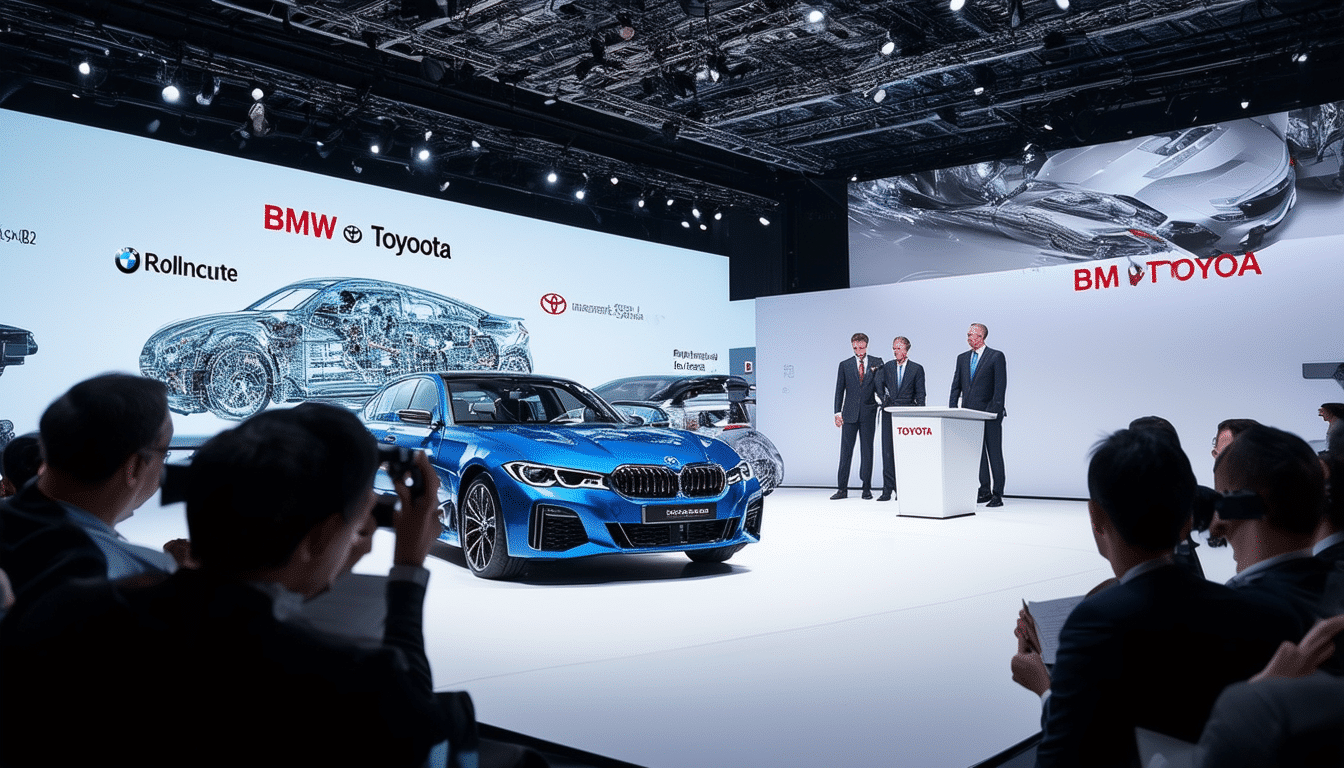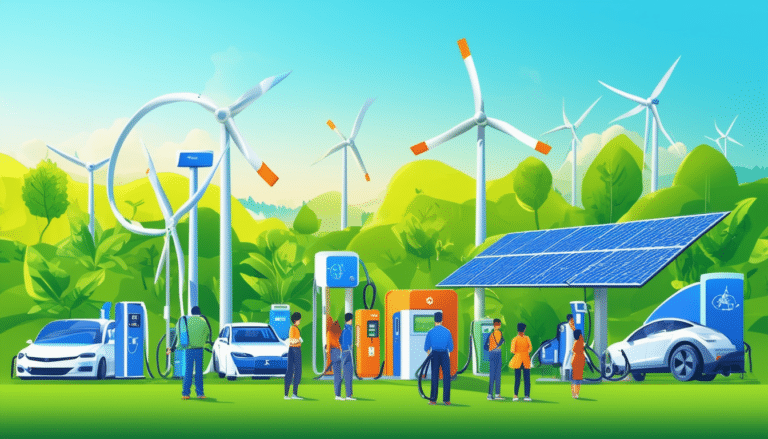BMW and Toyota officially announce their alliance to develop a revolutionary engine in the automotive industry

In the dynamic world of the automotive industry, innovation and strategic partnerships are key to technological advancement. In this context, BMW and Toyota have formalized their collaboration with the aim of developing an engine that promises to revolutionize the future of mobility. Focused on promoting zero-emission technologies, both companies seek to leverage their vast experience to tackle the challenges of climate change and the transition to cleaner energy. This strategic agreement not only promises to improve the alternatives available in the market but also to transform the way next-generation vehicles are conceived.
The automotive industry is undergoing an unprecedented transformation towards sustainable technologies, and the recent collaboration between BMW and Toyota is a testament to this change. Both companies have officially announced their alliance to develop an innovative propulsion system based on hydrogen, which promises to be a viable alternative to conventional electric engines, revolutionizing the global automotive landscape.
The context of the shift towards sustainable technologies
With increasingly strict regulations in Europe establishing the end of the production of internal combustion vehicles by 2035, and their complete removal from the roads by 2050, major car brands have been forced to invest in the development of zero-emission vehicles. Most of these companies have bet on vehicles with electric engines powered by lithium-ion batteries which, although effective, present challenges due to their hard-to-obtain materials.
A bet on hydrogen as an alternative
In this landscape, several automakers from different countries have begun to explore the potential of hydrogen as an energy source. Being one of the most abundant elements in the universe, hydrogen is positioned as a sustainable and long-term solution to replace current fossil fuel-based technology. The alliance between BMW and Toyota reflects a common interest in boosting the development of vehicles using hydrogen fuel cells.
Strategic alliance between two automotive giants
The collaboration between BMW and Toyota is not new. Since 2011, both companies have worked together on the development of a third-generation fuel cell system. This system is designed to compete in efficiency and costs with battery electric vehicles (BEV, Battery Electric Vehicle). Mass production of cars with this technology is expected to begin in 2028, marking a milestone in the automotive industry.
Development and support infrastructure
The agreement is not limited to vehicle development but also includes investment in infrastructure for hydrogen production, transportation, and distribution. The commercial viability of hydrogen fuel cell vehicles largely depends on the availability of efficient refueling stations, which requires significant investment.
Challenges and opportunities of hydrogen vehicles
An important challenge for FCEVs (Fuel Cell Electric Vehicles) to be competitive is to reduce production costs. Toyota, which already has models like the Toyota Mirai on the market, has successfully experimented with the technology but acknowledges that the selling price remains an obstacle. However, there is confidence that hydrogen will become the primary energy source for vehicles by 2040.
Advances by other brands in propulsion technology
While BMW and Toyota join forces, other companies are also working on innovative technologies. Renault and Volkswagen are exploring new partnerships to develop more sustainable propulsion systems. On the other hand, Caterham has signed an agreement with Yamaha for its electric sports cars. These initiatives reflect an industry in constant transformation towards more sustainable alternatives.
A Promising Future in Automotive Innovation
The alliance between BMW and Toyota represents a significant step towards a more sustainable future in the automotive industry. Both companies, with impressive track records and a clear commitment to innovation, have joined forces to tackle one of the sector’s greatest challenges: the transition to zero-emission vehicles. This collaborative effort offers a promising perspective for the development of alternative technologies that could revolutionize the automotive market.
The focus on hydrogen as an energy source by BMW and Toyota is not only a response to future regulations seeking to eliminate internal combustion engines but also a bet on more sustainable and accessible long-term solutions. The possibility of developing vehicles that run on hydrogen fuel cells raises expectations about a technology that could offer competitive range and refueling times compared to current electric vehicles.
To achieve success in this technological feat, not only the development of efficient engines is required but also significant investments in infrastructure for hydrogen production and distribution. Refueling stations and associated logistics are critical elements that will determine the commercial viability of this new wave of vehicles. The agreement between BMW and Toyota precisely contemplates a comprehensive strategy that encompasses these crucial aspects.
With the expectation of starting mass production of these vehicles in 2028, both companies are laying the groundwork for a new era in mobility. This joint project not only positions BMW and Toyota at the forefront of automotive technology but also acts as a catalyst for the industry, which will have to adapt to an increasingly competitive and innovative landscape.



